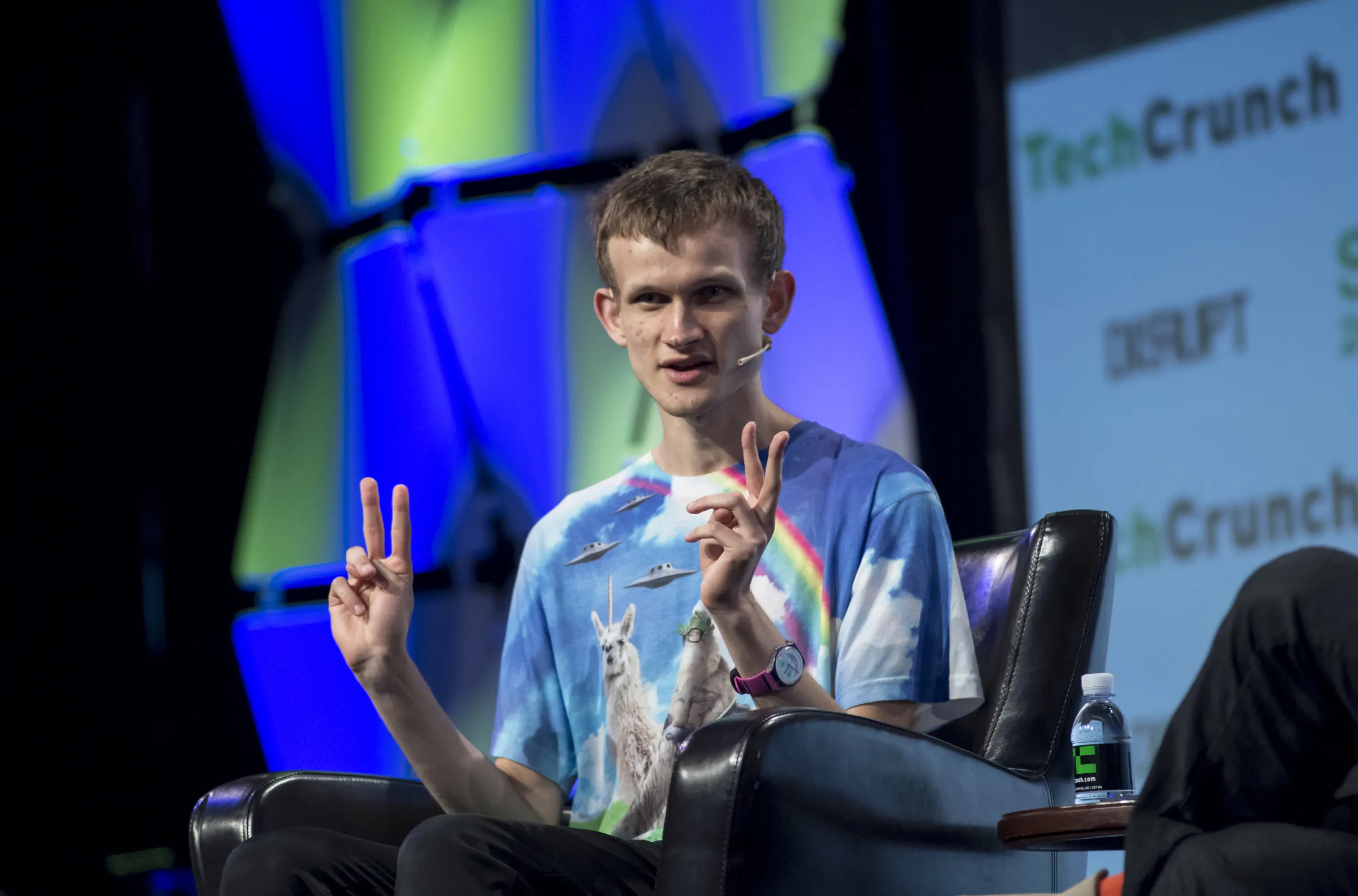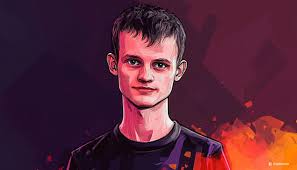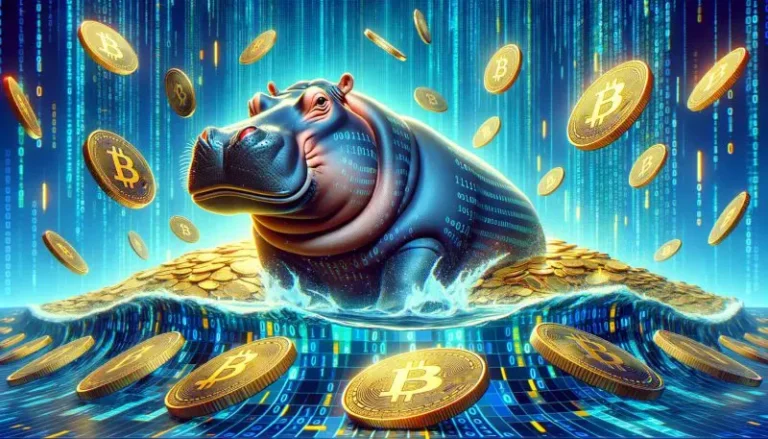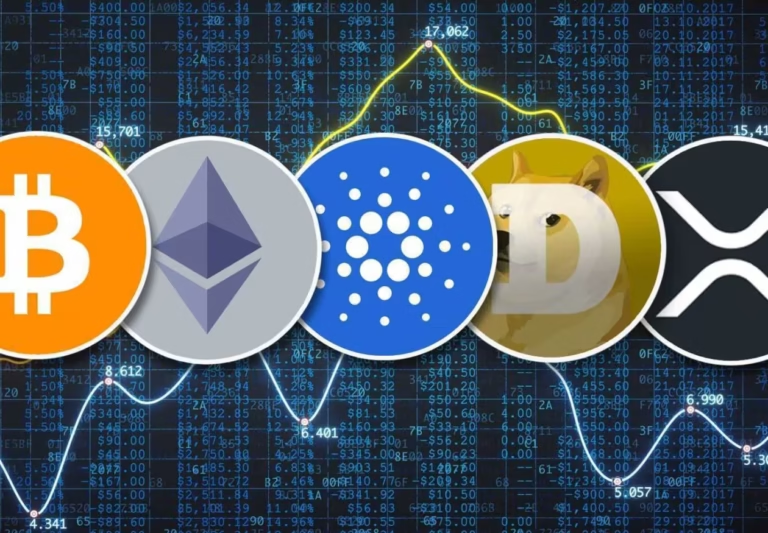In the world of cryptocurrencies, few names stand out like Vitalik Buterin, the co-founder of Ethereum. Recently, he made headlines by selling over $1.6 million worth of memecoins—these quirky, often humorous cryptocurrencies that have gained immense popularity—and donating a significant portion to charity. This isn’t just another day in the crypto world; it highlights the potential of digital currencies to make a real-world impact.
What Happened?
Buterin sold various memecoins, including Moo Deng (MOODENG), Monsterra (MSTR), and ETHEREUM IS GOOD (EBULL), converting them into Ether (ETH), the main currency of the Ethereum network. Over the past few weeks, he has converted a total of $2.78 million in memecoins into Ether and donated $884,000 to different charitable organizations. This is important because it showcases how digital assets can be leveraged for social good, raising awareness of philanthropy in the crypto space.
Why Is This Important?
- Charity and Community Impact: Buterin’s actions show that cryptocurrencies aren’t just for trading or speculation; they can support causes that matter. His donations have gone to organizations fighting airborne diseases and animal welfare, demonstrating a commitment to improving lives.
- Awareness of Memecoins: Buterin encourages memecoin creators to donate directly to charities instead of sending their coins to him. This opens up a dialogue about responsible practices in the crypto community. Memecoins, often seen as frivolous, can also serve as a funding source for important projects, highlighting their potential to effect change.
- Engagement and Trust: When prominent figures in the crypto space, like Buterin, engage in charitable acts, it builds trust in the ecosystem. It shows that cryptocurrencies can be used for good, potentially attracting new users who may have been skeptical about their value or purpose.
- Potential for Growth: Buterin’s ongoing involvement and belief that memecoins can contribute positively to society signal that there’s a future for these digital assets beyond just being a joke or a fad. This encourages investors to think critically about the projects they support and consider their broader impact.
- Public Recognition: Buterin has been mentioned as a potential contender for the Nobel Prize in Economic Sciences due to his groundbreaking work in the cryptocurrency space. This adds a layer of credibility to his efforts and the projects he’s involved with, potentially inspiring others to follow in his footsteps.
Key Terms to Remember
- Ethereum: A decentralized platform that enables smart contracts and decentralized applications (dApps).
- Memecoins: Cryptocurrencies created primarily for fun, often based on memes or internet culture, but can be used for serious purposes.
- Ether (ETH): The native cryptocurrency of the Ethereum platform, used to facilitate transactions and contracts on the network.
- Philanthropy: The desire to promote the welfare of others, often through charitable donations and support.
Steps for You to Consider
- Stay Informed: Keep an eye on developments in the crypto space, especially how projects are using their resources for social good.
- Explore Investment: Research various memecoins, but consider their potential impact and community engagement.
- Engage with Communities: Join discussions about responsible investing and philanthropy in crypto, learning from others’ experiences.
- Consider Charitable Options: If you invest in cryptocurrencies, think about how you can contribute to charitable causes, whether through direct donations or supporting projects with social impact.
Conclusion
Vitalik Buterin’s recent actions remind us that cryptocurrencies can transcend mere financial transactions. They hold the power to fund significant societal changes, urging us to think about how we can leverage this technology for good. As a 20-year-old interested in the future of finance and technology, understanding this intersection of charity and cryptocurrency could open doors for you—not just in investment opportunities but in making a real difference in the world.



